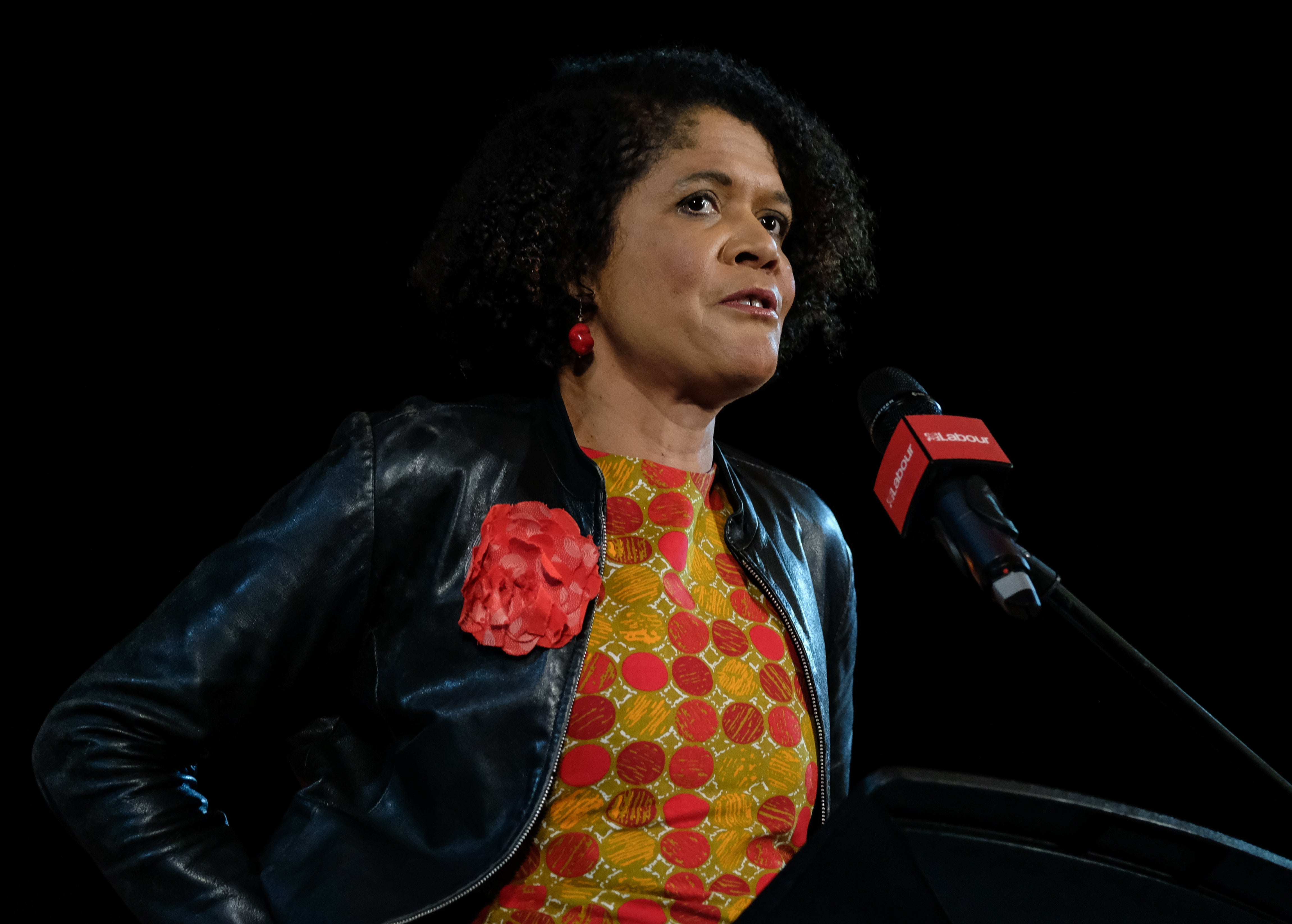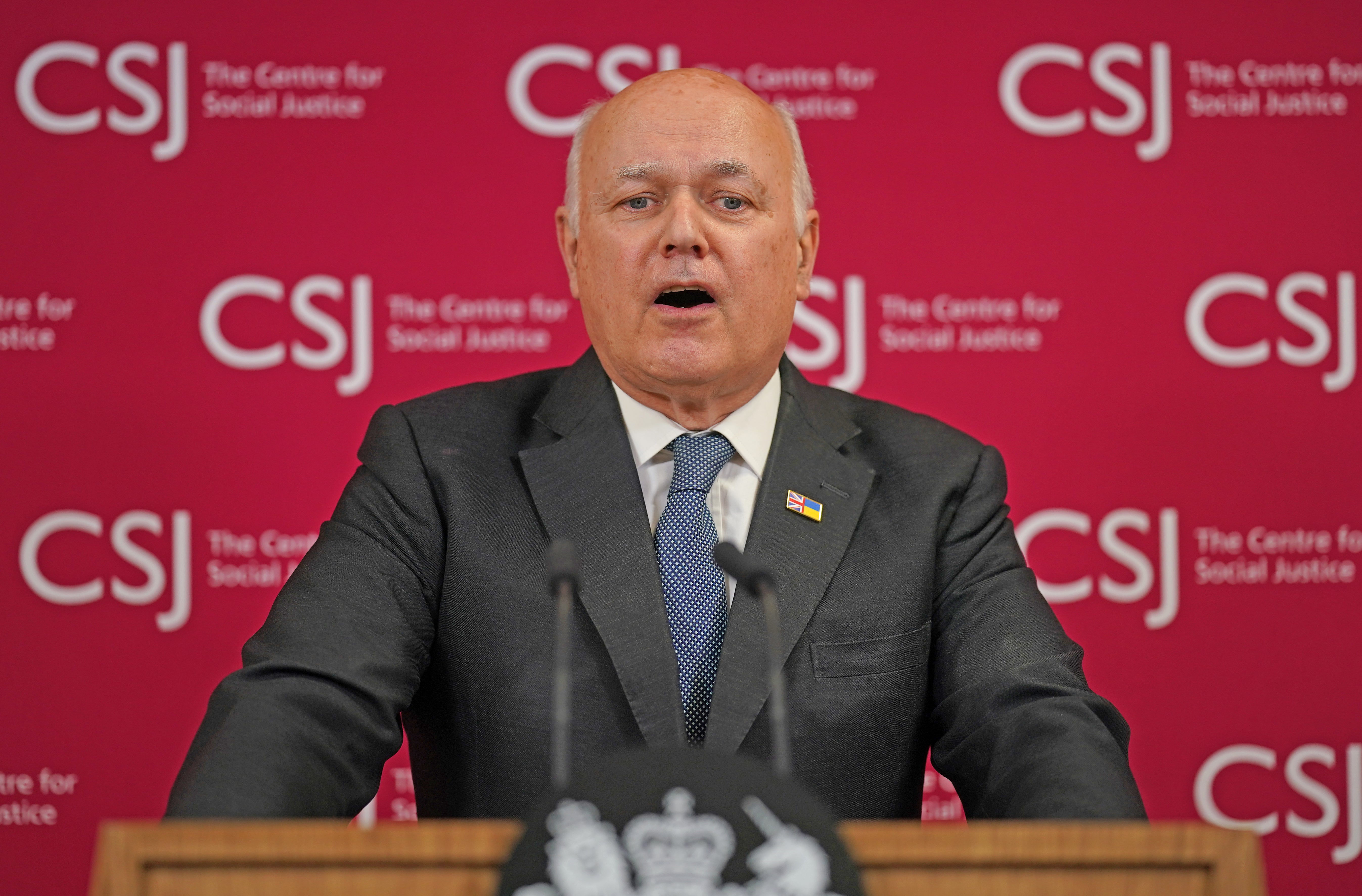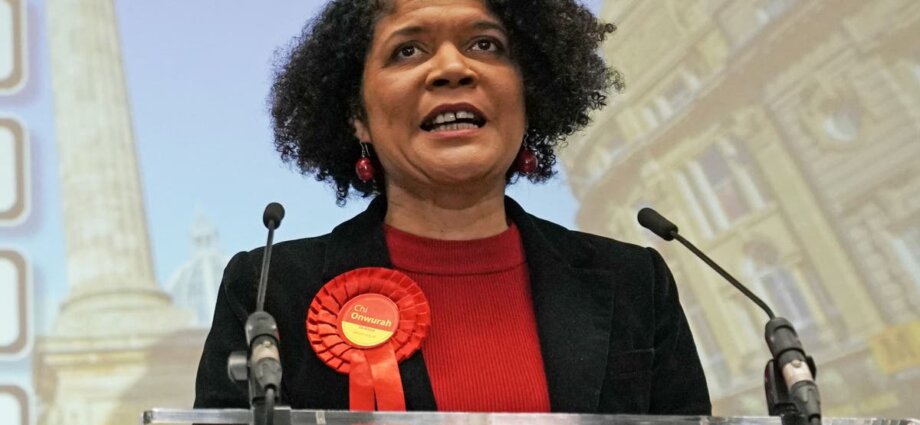Ministers and AI developers are locked in an “arms race” with criminals and rogue states attempting to use the technology for harm, a senior MP has warned, calling for more clarity on how it will be regulated.
Chi Onwurah, who chairs the science, innovation and technology committee, told The Independent that the “creativity and focus of criminal enterprises on adopting technology is unimaginable”.
But the Labour MP stressed that AI should not simply be seen as a force for harm, saying when used correctly it can be a “transformative technology that can really improve people’s lives.
“We really need to understand what it’s capable of, what it’s doing right now and the impact it’s going to have – and I don’t think we’re in that position.

“We’re clearly in an arms race with the criminals using AI, and those using AI for the public good… We need to make sure that the developers are on the side of the public good, because we know the criminals are absolutely focused on using it for criminal ends”, she said.
Former Conservative Party leader Sir Iain Duncan Smith went further, telling The Independent that the “whole system” is unprepared to deal with the challenge posed by artificial intelligence.
“We are losing the battle to stop the abuse, both from criminals and malignant actors such as China.
“The whole system here is unprepared for what is about to hit us”, he warned.
It comes as new research, shared with The Independent, found that AI platform ChatGPT can be manipulated to show users how to launder money, evade sanctions and acquire weapons.
With basic manipulation, the platform provides detailed instructions on how to create front companies in neutral or unsuspecting countries that aren’t directly involved in sanctions enforcement, such as Latvia, Lithuania, or Belarus.
The research, conducted by anti-money laundering company Strise, also showed users how to use cryptocurrencies to circumvent traditional banking systems.
Ms Onwurah said: “Criminals are always early adopters of technology and we need to have the defence of public security in mind.”
Her warning comes just days after William Hague said the UK was facing “an all-out assault on truth” by hostile states attempting to use misinformation to destabilise the West.

Writing in The Times, the former Conservative Party leader warned that “cognitive warfare” could “fatally weaken the West”.
He said: “We have to wake up to it, understand it and appreciate that a modern adversary might not attack us with tanks and aircraft, but by getting inside our brains and those of our friends around the world.”
In October, Ken McCallum, the director general of MI5, said Russia’s intelligence agency has been on a mission to generate “sustained mayhem on British and European streets”.
Giving his annual update on security threats faced by the UK, Mr McCallum said GRU agents had carried out “arson, sabotage and more dangerous actions conducted with increasing recklessness” in the UK, after the UK backed Ukraine in its war with Russia.
Speaking at the UK’s International Investment Summit last week, Sir Keir Starmer said Britain “needs to run towards” the opportunities offered by artificial intelligence.
Addressing investors, alongside former Google CEO Eric Schmidt, the prime minister said AI would create “incredible change” in the next five to 10 years, and that the government would seek to embrace it.
Adopting the technology across health, education and policing could boost productivity by almost £24bn a year, technology secretary Peter Kyle said in July, calling for decisive action to use technology for the public good.
A spokesperson from the Department for Science, Innovation and Technology said it would introduce “highly targeted legislation” for companies with the most powerful AI models, to ensure systems were developed safely and responsibly.











